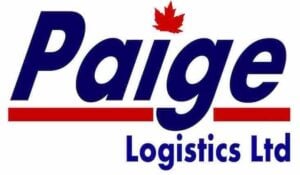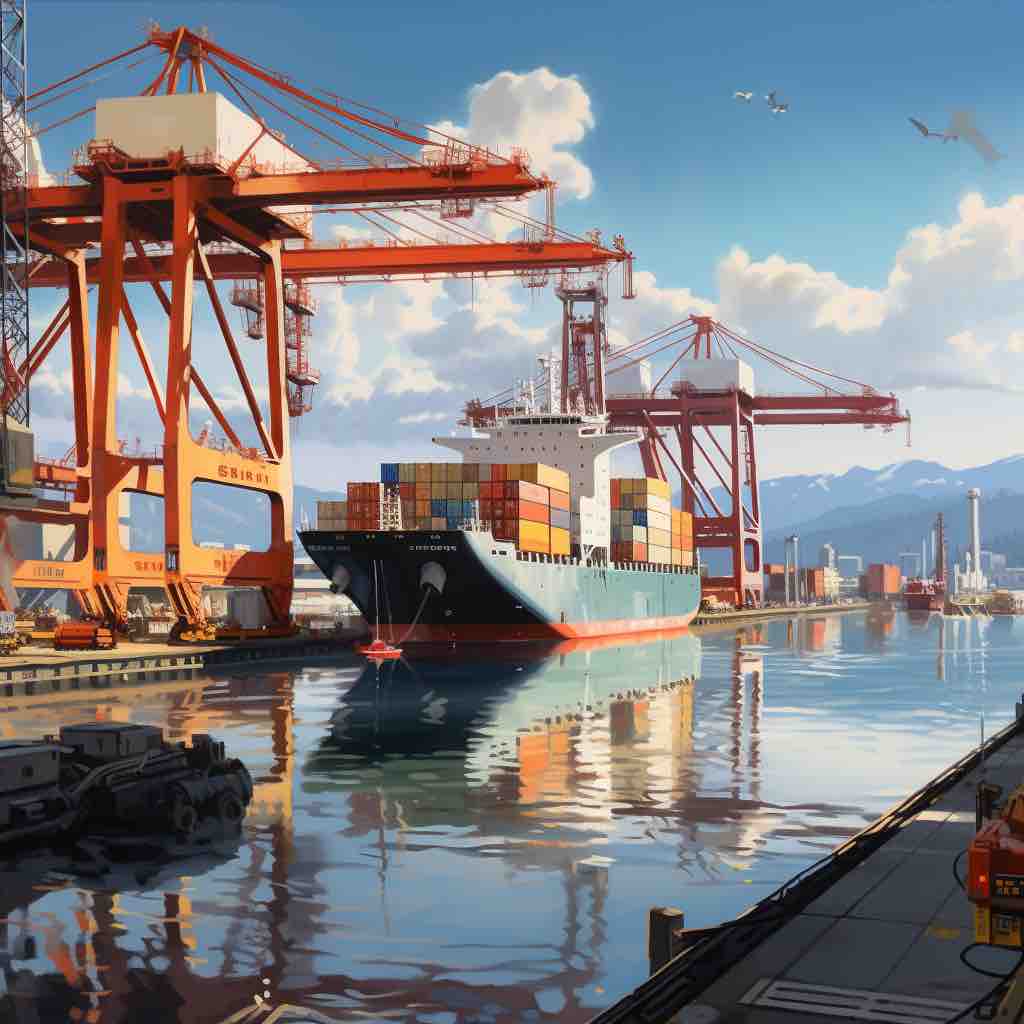DDP Incoterms
Mastering DDP Incoterms: Your Ultimate Guide to Delivered Duty Paid
Awarded #1 in Shipping
click on badge
Unpacking DDP (delivered duty paid)
In the intricate dance of international trade, understanding the terms of engagement is not just beneficial; it’s crucial. “Delivered Duty Paid” (DDP) is one such term that commands attention.
As one of the most comprehensive Incoterms, DDP places significant responsibility on the seller, making it a term laden with implications for both parties involved. Let’s dive deep into the world of DDP, unraveling its complexities and revealing strategies to leverage it effectively.
International Shipping Services
Mastering DDP (Delivered): A Guide to Smart Shipping
What is DDP Incoterm?
DDP stands for “Delivered Duty Paid,” an international shipping agreement where the seller bears maximum responsibility. Under DDP, the seller is liable for delivering the goods to the buyer’s doorstep, taking care of all the logistics, customs duties, taxes, and risks until the goods are received and unloaded by the buyer.
It’s a term that simplifies the buyer’s obligations but adds layers of responsibility to the seller’s role.
Seller’s Responsibilities Under DDP
The seller’s journey in a DDP agreement is extensive. It begins with preparing the goods, ensuring proper packaging, and extends to include all transportation and legal formalities. Here are the key responsibilities:
- Preparing Goods: Ensuring the products are ready, properly packed, and marked for export.
- Transportation: Arranging and paying for all transportation costs to the agreed destination.
- Customs and Duties: Handling all export and import customs clearances, duties, and taxes.
- Risk Management: Bearing all risks until the goods are delivered and unloaded at the buyer’s location.
- Documentation: Providing all necessary sales contracts, commercial invoices, proof of delivery, and any other required documents.
The Best Worldwide shipping Management
over 100 years of Global experience
DDP Incoterm FAQs
DP is particularly advantageous in scenarios where buyers prefer a hands-off approach to logistics, willing to pay a premium for convenience and certainty. It’s also beneficial when sellers have established, efficient logistics channels to the buyer’s country. However, it’s less ideal for buyers looking to control costs and logistics or in transactions where the seller lacks experience with the destination country’s customs and import regulations.
No, DDP does not inherently include insurance. While the seller is responsible for all costs and risks until delivery, they are not obligated to insure the goods unless specifically agreed upon.
In DAP, the seller delivers the goods to a named place, but the buyer is responsible for import duty, taxes, and unloading the goods. In contrast, DDP requires the seller to cover all costs and risks, including import duties and taxes, until the goods are delivered and unloaded.
The seller is responsible for all customs clearance procedures, including payments of duties and taxes under DDP.
Yes, DDP is versatile and can be used across all modes of transportation, including air, sea, road, and rail.
Sellers take on significant risks, including transportation risks, customs clearance, and unexpected costs. They also need to be well-versed in the import regulations of the buyer’s country, which can be particularly challenging in countries with complex customs procedures.
Buyer’s Responsibilities Under DDP
While DDP is designed to minimize the buyer’s responsibilities, there are still critical roles they play:
- Payment: Fulfilling the payment terms as specified in the sales contract.
- Receiving Goods: Being ready to receive and unload the goods upon arrival.
- Assistance: Providing any necessary information or documentation to assist the seller in export or import clearance.
Advantages and Disadvantages of DDP
Advantages for the Buyer:
- Reduced Responsibility: The buyer is free from the complexities of shipping, customs, and transportation risks.
- Predictable Costs: With all costs included in the purchase price, budgeting becomes more straightforward.
- Ease of Transaction: The buyer can focus on their core business, waiting for the delivery of goods without the stress of logistics.
Disadvantages for the Buyer:
- Higher Costs: Sellers might inflate prices to cover all potential costs and risks associated with DDP.
- Less Control: Buyers have limited control over the shipping process, leading to potential delays or issues with cargo handling.
- Quality of Service: Sellers might opt for cheaper, slower shipping options to maximize their profit, potentially affecting the quality and timing of delivery.
DDP Incoterms offer a comprehensive, albeit complex, solution in international trade, shifting the logistical burden predominantly onto the seller. While it simplifies the process for buyers, it comes with its set of challenges and costs. Understanding the nuances of DDP is essential for both parties to navigate its waters effectively. Whether you’re a buyer looking for convenience or a seller aiming to provide comprehensive services, mastering DDP can provide a competitive edge in the global market.
In the end, like any strategic decision in international trade, choosing DDP should be a calculated move, factoring in the specifics of the transaction, the capabilities of the seller, and the needs of the buyer. With the right approach, DDP can be a powerful tool in your trade arsenal, paving the way for smooth, successful international transactions.
2023 Global Leader In Shipping
Freight Carriers Association of a Canada

Author, Founder & Chief Executive Officer of Paige Logistics Ltd. → Experienced operations leader with a demonstrated history of working in the Freight Shipping, Trucking and the Railroad Industry.
Related Posts

Freight Brokerage Unlocking the Potential of Freight Brokerage Solutions for Your Business Click For Best

Freight & Shipping Insurance The Comprehensive Guide to Shipping Insurance for Freight in International Trade

Understanding Specialized Transport Click For Best Price From Giant Machines to Hazardous Materials: The Wild

Seasonal Load Restrictions How to Outsmart Seasonal Load Limits and Save Big! Click For Best

Mastering the Intricacies of CFR Incoterms A Comprehensive Guide Click for Best price CLICK ON

CIF Incoterms The Comprehensive Guide to CIF (Cost, Insurance & Freight) in International Trade Click


